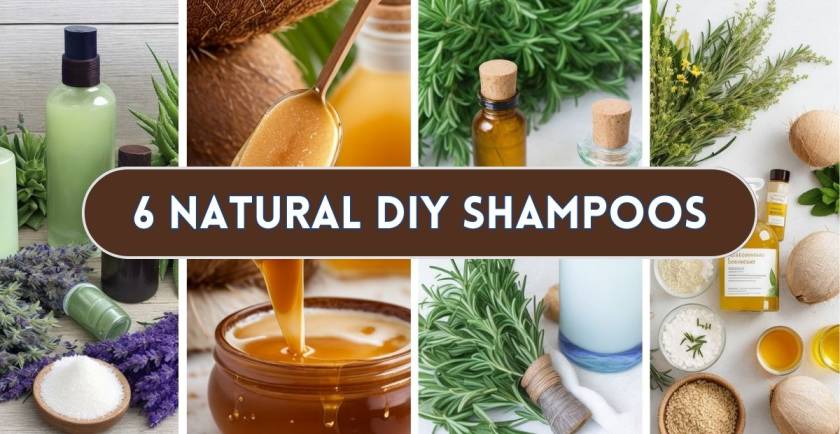Natural DIY shampoos have gained immense popularity as a safe and effective alternative to commercial products. With their gentle cleansing properties and nourishing ingredients, these homemade shampoos offer a perfect solution for those seeking healthier, vibrant hair without the use of harsh chemicals. In this article, we will explore the wonders of Natural DIY Shampoos and delve into easy-to-follow recipes that can transform your hair care routine.
Why Choose Natural DIY Shampoos?
Choosing natural DIY shampoos over commercial products offers a plethora of benefits for your hair and overall well-being. Let’s delve into the details of why opting for natural DIY shampoos is a wise and advantageous choice:
1. Gentle Cleansing without Harsh Chemicals:
Natural DIY shampoos are formulated with gentle, plant-based ingredients that cleanse your hair without the use of harsh chemicals like sulfates, parabens, and synthetic fragrances. These harmful additives can strip your hair of its natural oils, leaving it dry, brittle, and prone to damage. By choosing natural DIY shampoos, you ensure a milder cleansing process that preserves your hair’s moisture balance and prevents unnecessary harm.
2. Nourishing Ingredients for Hair Health:
One of the most significant advantages of natural DIY shampoos lies in their incorporation of nourishing and organic ingredients. These shampoos often feature components like aloe vera, coconut milk, essential oils, and herbal extracts, all of which provide essential nutrients to your hair and scalp. Aloe vera, for instance, has soothing properties that can calm an irritated scalp, while coconut milk can moisturize and strengthen your hair strands, promoting overall hair health.
3. Environmental Friendliness:
By choosing natural DIY shampoos, you actively contribute to environmental conservation. Commercial shampoo bottles contribute significantly to plastic waste, with many of them ending up in landfills or polluting our oceans. Creating your own shampoo at home allows you to use reusable containers and significantly reduce your plastic footprint. This eco-friendly approach aligns with sustainable living practices, demonstrating your commitment to a greener and healthier planet.
4. Customizability for Individual Hair Types:
Natural DIY shampoos are highly customizable, allowing you to tailor the ingredients according to your specific hair type and needs. Whether you have dry, oily, curly, or damaged hair, you can modify the recipes to address your hair’s unique requirements. This level of personalization ensures that your hair receives the best care possible, resulting in a more effective and satisfying hair care routine.
5. Cost-Effective Solution:
Crafting your own natural DIY shampoo can be cost-effective in the long run. Many of the ingredients required for these shampoos are readily available at home or easily sourced from local stores. By purchasing ingredients in bulk, you can save money compared to buying expensive commercial shampoos regularly.
Benefits of Natural DIY Shampoos
- Nourishing Ingredients: Natural DIY shampoos often feature nourishing ingredients like aloe vera, coconut milk, and essential oils, which provide essential nutrients to your hair and scalp.
- Reduced Allergies: By avoiding harmful chemicals commonly found in commercial shampoos, you reduce the risk of allergies and irritations on your scalp.
- Environmentally Friendly: Crafting your own shampoo means you can opt for eco-friendly ingredients and reduce plastic waste by reusing containers.
- Cost-Effective: Making your own natural DIY shampoo can save money in the long run, as many ingredients are readily available at home or easily sourced.
- Improved Scalp Health: With their mild and soothing properties, natural DIY shampoos can help alleviate scalp issues like dandruff, itching, and inflammation. The absence of harsh chemicals reduces the risk of scalp irritation, promoting a healthier scalp environment.
- Hair Color Protection: Commercial shampoos often contain sulfates that can strip away hair color, especially for those with dyed or treated hair. Natural DIY shampoos, on the other hand, are gentler on colored hair, helping to preserve the vibrancy and longevity of your hair color.
Natural DIY Shampoos Recipe:
1. Nourishing Aloe Vera and Lavender Shampoo
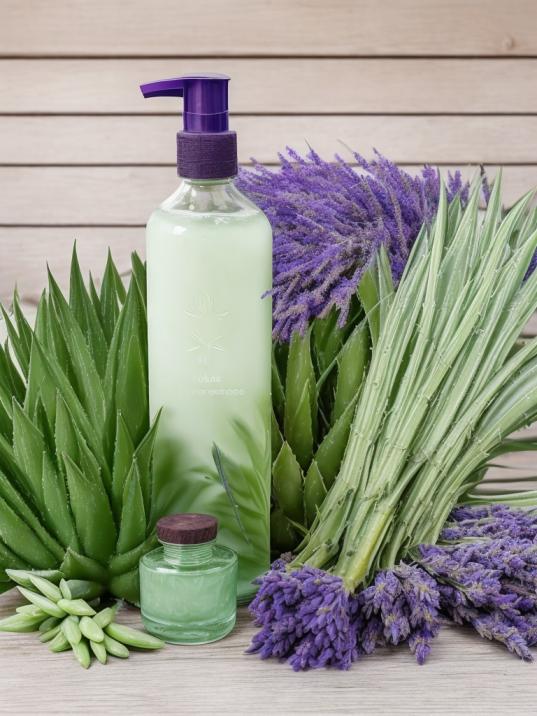
Ingredients:
- 1 cup of pure aloe vera gel
- 1 tablespoon of baking soda
- 10-15 drops of lavender essential oil
- 1 teaspoon of vitamin E oil
Instructions:
- In a mixing bowl, combine the aloe vera gel and baking soda until you achieve a smooth consistency.
- Add the lavender essential oil and vitamin E oil, stirring well to evenly distribute the fragrance.
- Transfer the mixture to a clean, empty shampoo bottle or container.
- Apply a small amount to wet hair, gently massaging it into your scalp and hair.
- Rinse thoroughly with warm water.
2. Coconut Milk and Honey Shampoo
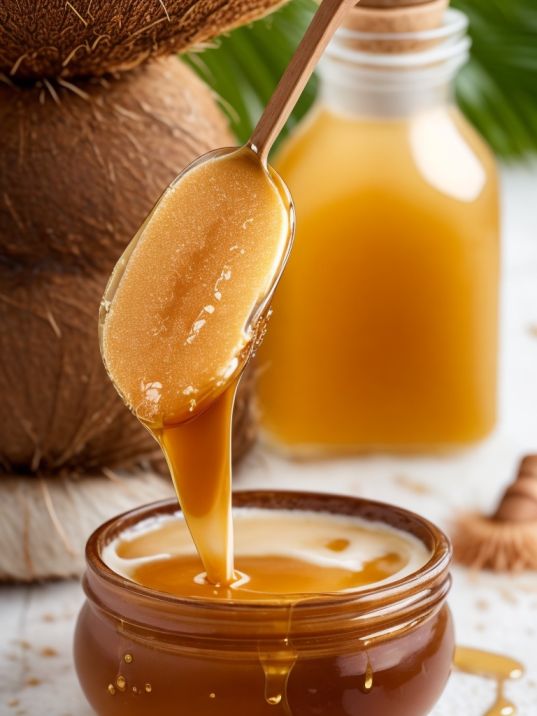
Ingredients:
- 1 cup coconut milk
- 2 tablespoons raw honey
- 2 tablespoons liquid castile soap
- 10-15 drops of your favorite essential oil (e.g., lavender, rosemary, or tea tree)
Instructions:
- In a bowl, mix the coconut milk and honey until well combined.
- Add the liquid castile soap and essential oil, stirring gently to create a smooth mixture.
- Transfer the shampoo to a clean, empty bottle for storage.
- To use, apply a small amount to wet hair, lather from roots to ends, then rinse thoroughly with water.
3. Avocado and Banana Shampoo
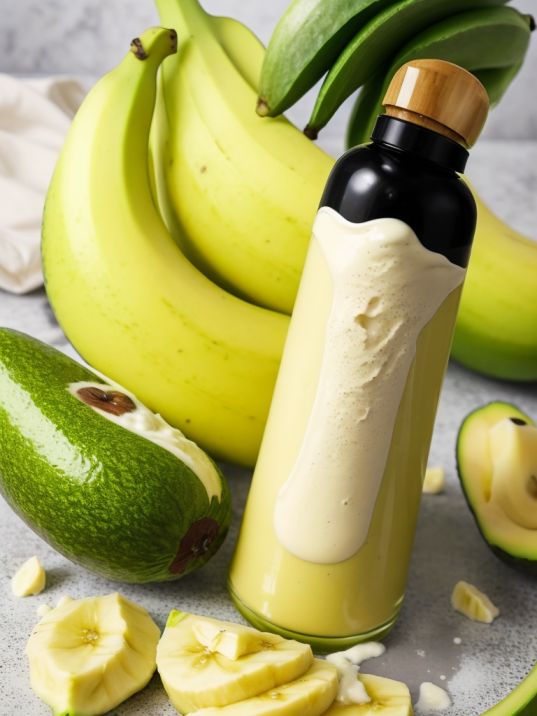
Ingredients:
- 1 ripe avocado
- 1 ripe banana
- 1 tablespoon olive oil
- 1 cup water
Instructions:
- Mash the avocado and banana in a bowl until they form a smooth paste.
- Add the olive oil and water, mixing well to create a creamy shampoo.
- Apply the shampoo to damp hair, massaging it into your scalp and hair.
- Leave it on for a few minutes before rinsing thoroughly with lukewarm water.
4. Oatmeal and Chamomile Shampoo
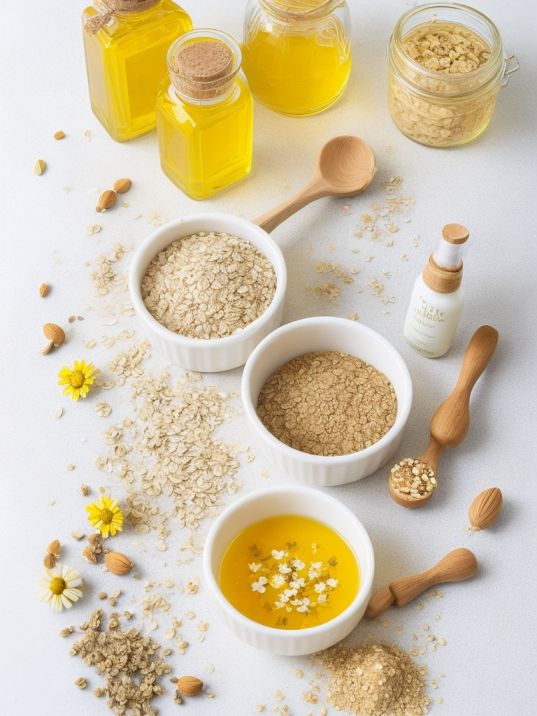
Ingredients:
- 1/2 cup rolled oats
- 1 cup chamomile tea (brewed and cooled)
- 1 tablespoon almond oil
- 1 tablespoon honey
Also Read-
Instructions:
- In a blender, grind the rolled oats into a fine powder.
- Mix the oat powder with chamomile tea, almond oil, and honey to create a thick paste.
- Apply the mixture to wet hair, gently massaging it into your scalp and hair.
- Let it sit for a few minutes before rinsing thoroughly with warm water.
5. Rosemary and Peppermint Shampoo
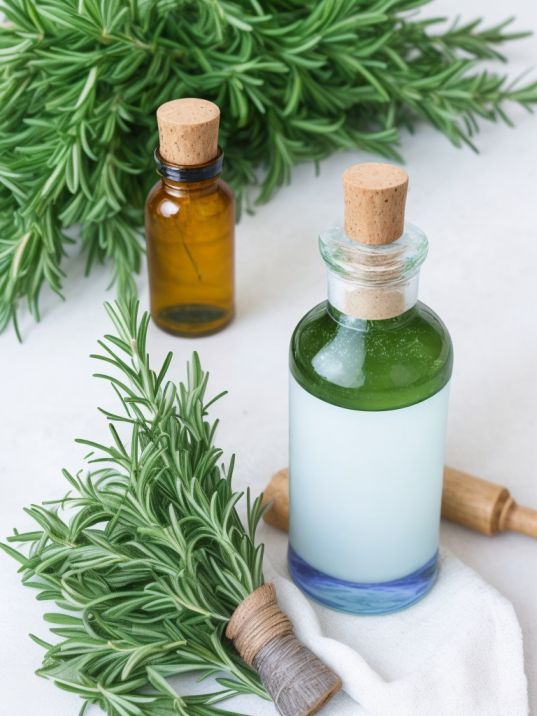
Ingredients:
- 1 cup water
- 2 tablespoons dried rosemary leaves
- 1 tablespoon dried peppermint leaves
- 1/4 cup liquid castile soap
- 1 teaspoon jojoba oil
Instructions:
- In a small saucepan, bring the water to a boil and add the dried rosemary and peppermint leaves.
- Let the mixture simmer for about 15 minutes, then strain the liquid to remove the leaves.
- Mix the herbal-infused water with liquid castile soap and jojoba oil.
- Pour the shampoo into a clean bottle for storage.
- To use, apply a small amount to wet hair, lather, and rinse thoroughly with water.
6. Yogurt and Lemon Shampoo
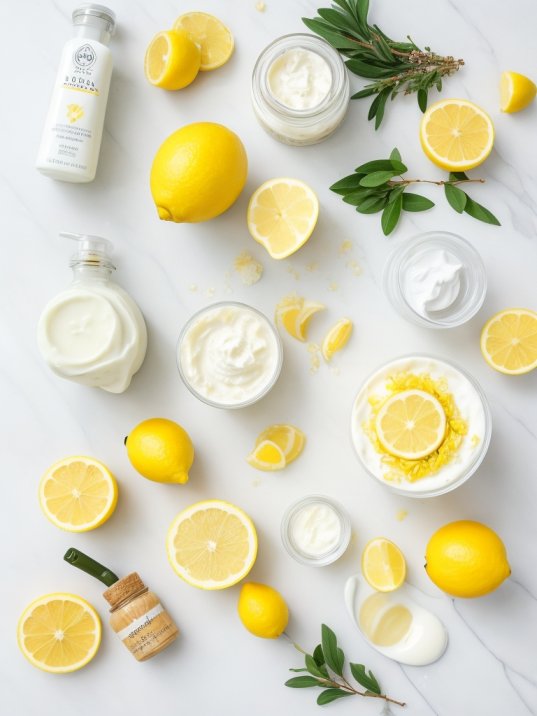
Ingredients:
- 1/2 cup plain yogurt
- Juice of 1 lemon
- 2 tablespoons honey
- 1 tablespoon coconut oil
Instructions:
- In a bowl, whisk together the plain yogurt, lemon juice, honey, and coconut oil until well combined.
- Apply the mixture to damp hair, massaging it into your scalp and hair.
- Leave it on for a few minutes before rinsing thoroughly with lukewarm water.
Note- Remember to store these DIY shampoos in the refrigerator and shake well before each use. Enjoy the natural goodness and nourishment these homemade shampoos provide for your hair!
FAQs (Frequently Asked Questions)
1. What are natural DIY shampoos, and how are they different from commercial shampoos?
Natural DIY shampoos are homemade hair cleansers that use gentle and organic ingredients, free from harsh chemicals like sulfates and parabens. Unlike commercial shampoos, which often strip hair of essential oils, natural DIY shampoos provide nourishment and gentle cleansing, promoting healthier hair.
2. How do you make 100% natural shampoo?
To create a 100% natural shampoo, use only organic and plant-based ingredients. Combine items like herbal infusions, natural oils, and natural emulsifiers to ensure that your shampoo contains no synthetic or chemical additives.
3. What can I use instead of shampoo?
Instead of using commercial shampoo, you can use natural alternatives like baking soda mixed with water, apple cider vinegar diluted in water, or herbal infusions as a shampoo substitute.
4. How to wash hair naturally?
To wash hair naturally, use natural DIY shampoos or alternatives like baking soda or apple cider vinegar. Massage the mixture into your scalp and hair, rinse thoroughly, and condition if desired.
5. What are the two primary ingredients of shampoos?
The two primary ingredients in shampoos are surfactants (cleansing agents) and water. Surfactants help to dissolve dirt and oil, while water acts as a carrier for the other ingredients.
6. Is it cheaper to make your own shampoo?
Making your own shampoo can be cost-effective in the long run, as many natural ingredients used in DIY recipes are affordable and readily available. Additionally, DIY shampoos often require less quantity for each use, making them last longer.
7. How do natural DIY shampoos contribute to environmental friendliness?
By making your own natural DIY shampoo, you can use reusable containers, significantly reducing plastic waste compared to commercial shampoo bottles. This eco-friendly approach helps protect the environment and reduces your carbon footprint.
8. Are natural DIY shampoos cost-effective compared to commercial products?
Yes, natural DIY shampoos can be more cost-effective in the long run. Many of the ingredients used in DIY recipes are readily available at home or can be purchased in bulk at a lower cost compared to buying commercial shampoos regularly.
9. Will natural DIY shampoos preserve hair color for those with dyed or treated hair?
Yes, natural DIY shampoos are generally milder and gentler on colored hair compared to commercial shampoos that contain sulfates. Using DIY shampoos can help preserve the vibrancy and longevity of your hair color.
10. How often should I use natural DIY shampoos on my hair?
The frequency of using natural DIY shampoos depends on your hair type and lifestyle. As a general guideline, using the shampoo 2-3 times a week is recommended for most hair types, but you can adjust the frequency based on your hair’s needs.
Conclusion:
In conclusion, Natural DIY Shampoos offer a transformative and empowering approach to hair care that prioritizes gentle cleansing, nourishment, and environmental responsibility. By opting for homemade alternatives over commercial products, you can provide your hair with the tender care it deserves while minimizing exposure to harmful chemicals.
The customizability of these Natural DIY Shampoos allows you to tailor the ingredients to suit your hair type and specific needs. Whether your hair requires extra hydration, scalp soothing, or color protection, there is a perfect DIY shampoo recipe waiting for you.
Moreover, these homemade concoctions are not only beneficial for your hair but also for the planet. By reducing plastic waste through reusable containers and embracing eco-friendly ingredients, you contribute to a more sustainable and environmentally conscious lifestyle.
